‘Survival mode’: U.P.’s tight-knit Schoolcraft County a tourist hot spot with unique issues
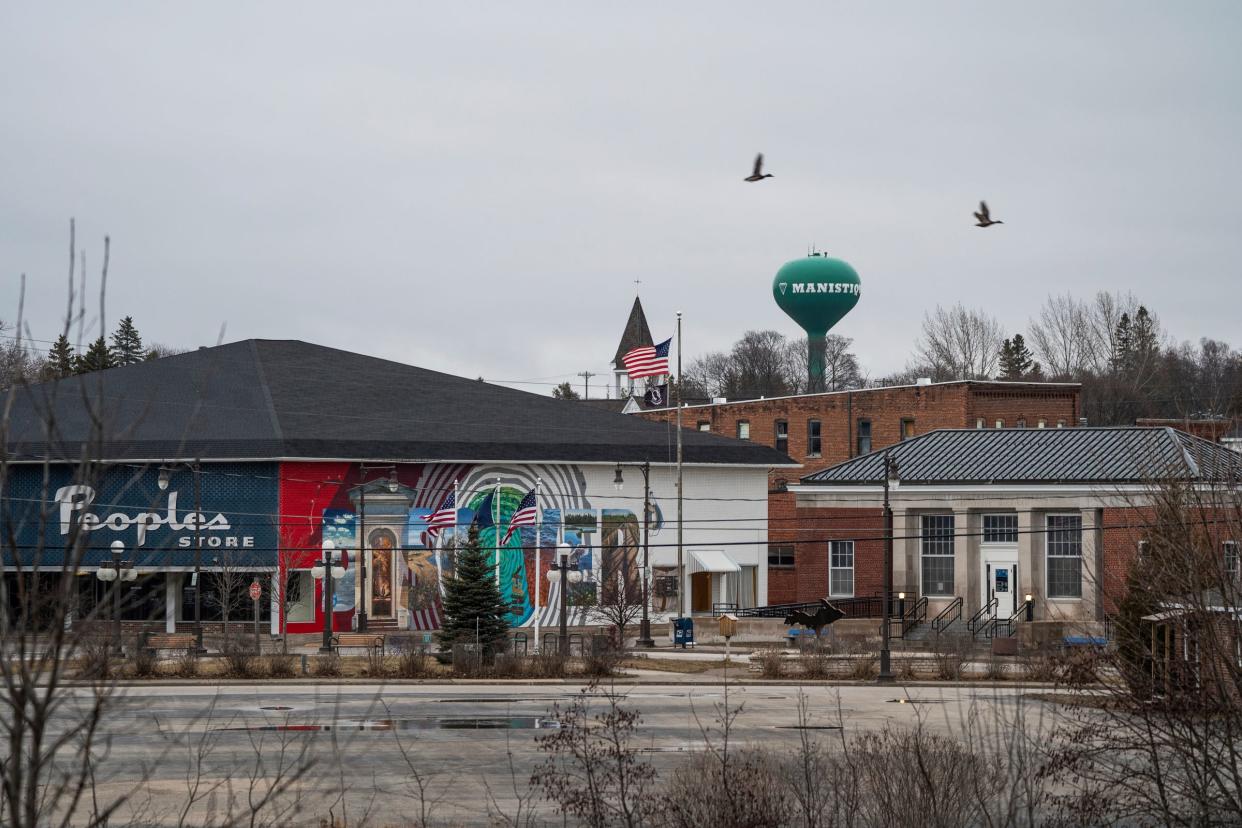
MANISTIQUE ? When you ask residents of Schoolcraft County in the Upper Peninsula to talk about their home, they’ll usually first mention the scenic environment and how close they are to Lake Michigan.
“Our natural beauty is just unbelievable. How blessed we are to live in this,” county commissioner Paul Walker said.
But the same rural qualities they value present difficulties for the community that other, larger counties in the state don’t face, something that affects the area’s concerns, solutions and political landscape.
A large portion of the county lies within the 880,000-acre Hiawatha National Forest. Aside from Christmas, the opening day of deer hunting season is the most popular holiday. Manistique, the county’s only city, lies along the northern shore of Lake Michigan and features a small downtown lined with shops and restaurants — and the county’s only hospital.
“We have one grocery store,” Alisa Calhoun, the child welfare supervisor for the Sault Ste. Marie Tribe of Chippewa Indians said. “We have as many bars as we do churches.”
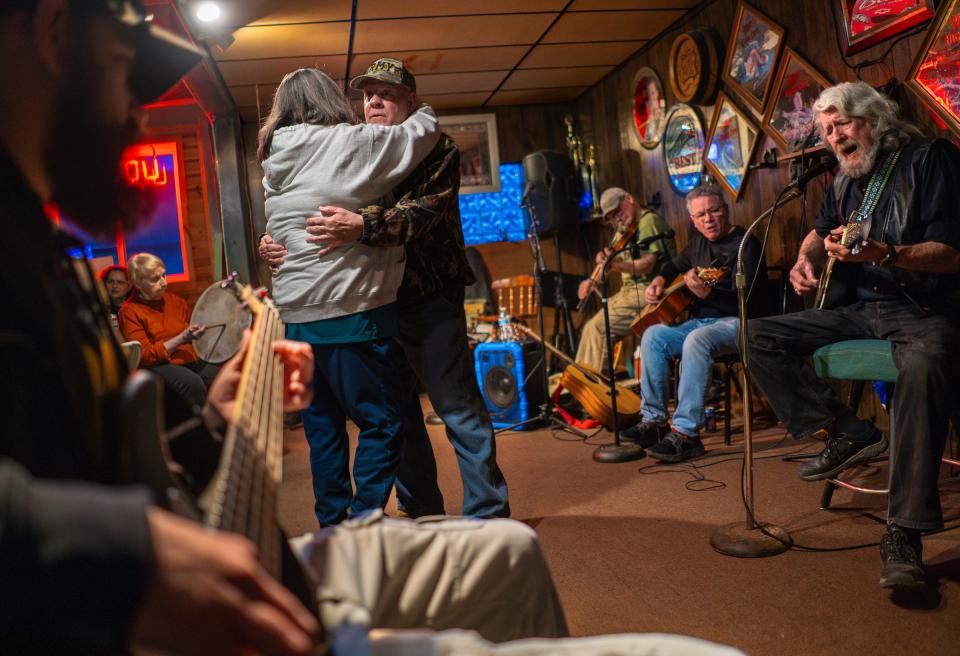
The county has about 8,000 residents, 9% of whom belong to the Sault Ste. Marie Tribe.
The American Communities Project, which groups U.S. counties into typologies based on a variety of data, characterizes (or classifies) Schoolcraft as a Graying Community. Such communities have a quarter or more of the population over the age of 65 and only 18% under 18. Numbers from the U.S. Census show nearly 29% are 65 and older, compared with 17.3% nationwide.
While the county does have young people, they don’t always stay after high school, or sometimes leave and come back.
That’s the path Calhoun took. She was born in Schoolcraft County and left for college, but returned to work for the tribe. Calhoun said one issue the community faces is a lack of child care options for families.
“There’s no licensed day care center,” she said. “What you find in these small communities is a lot of family members and relatives, friends that also live nearby that support youth for child care. You have a lot of children cared for by aunts, uncles, grandmas, grandpas.”
Since much of the land is federally owned, land available for development and housing is limited.
The county receives Payments in Lieu of Taxes funding from the federal government to offset property taxes lost from nontaxable federal lands.
Housing availability and affordability are a growing concern. The county remains a tourist hot spot, and almost half its housing units are seasonally occupied or rented to tourists, according to a recent report from the Central Upper Peninsula Planning and Development Regional Commission.
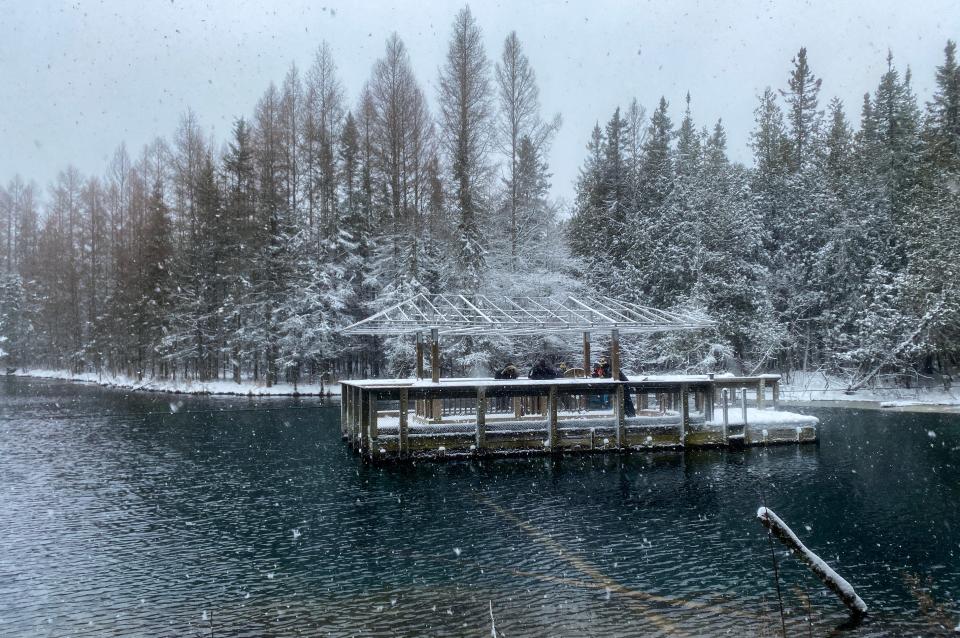
Victoria George, the executive director of Schoolcraft Tourism and Commerce, said another big concern associated with rising housing costs is interest rates.
“A lot of the (property) sales are cash sales. Not a lot of people want to do a mortgage at this high of a rate,” George said. “So if you're a first-time homebuyer, it's making it more difficult to be able to purchase a home, if you can find a home, because the interest rates are high.”
In 2020, 65.12% of Schoolcraft County voters chose then-President Donald Trump when many other Michigan counties turned Democratic.
“We’re red county, so to speak,” Walker said.
Many residents are concerned about Social Security and Medicaid benefits and are afraid there won’t be enough left for them after paying into the system their entire lives, he said. These worries are exacerbated by inflation, which Walker said hits Schoolcraft hard.
“Our gas prices are extremely high, our food prices are high and, of course, wages are stagnant too,” he said.
George said she was hoping for new candidates altogether.
“A change in leadership maybe, I would say, in our government, not in my local government,” she said. Calhoun said she’s reluctant to get into politics and unconvinced her vote in a presidential election matters.
“I don’t know that it touches our community,” she said. “We are such a small town, I can only focus on my bubble and my community and my job and my family.”
When most community members live paycheck to paycheck, being involved in politics isn’t at the top of their priorities.
Kimberly Hampton, the secretary and a member of the tribe’s board, said, “People who live in the community areas have to primarily focus on survival mode.”
One issue residents do take an interest in is gun ownership.
“A lot of people really feel they need protection. We don't have the law enforcement capabilities that other counties do, so people feel they feel that they need to protect their family and property,” said Walker.
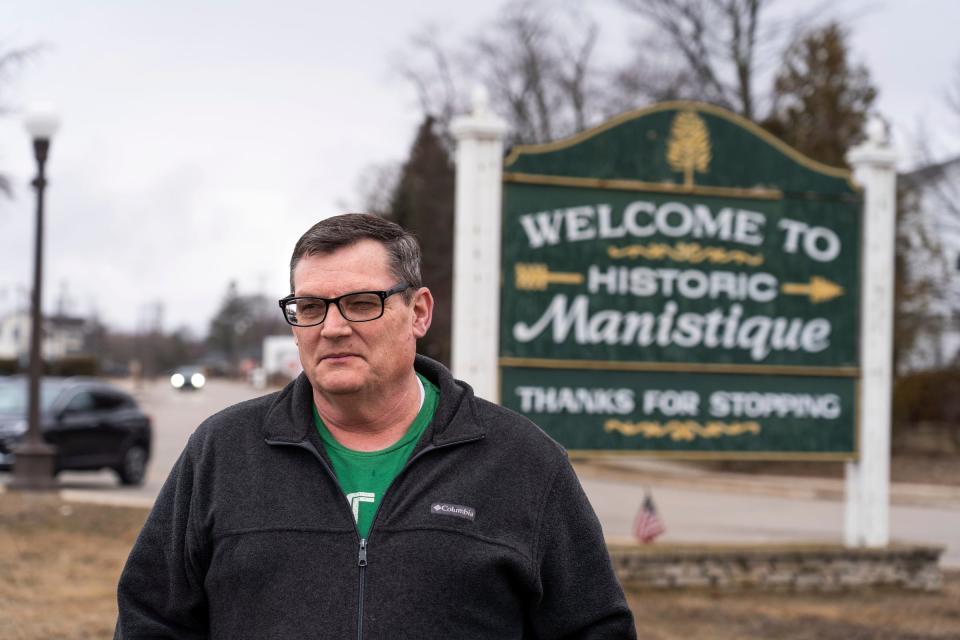
The Manistique Public Safety, located in the southernmost part of the county, is the only 24-hour police resource, according to Walker.
The county’s strong hunting culture is also a significant factor in gun ownership. About 12% of the population at or above 21 hold concealed pistol licenses. Over 20% of those 18 possess hunting licenses, according to the most recent data.
In 2020, the county Board of Commissioners voted to make Schoolcraft a Second Amendment sanctuary county. The resolution states that the board would not reduce county funding for a prosecutor or sheriff who refuses to enforce state gun laws.
To combat stagnation, the tight-knit community is committed to creating opportunities for youths, according to Hampton.
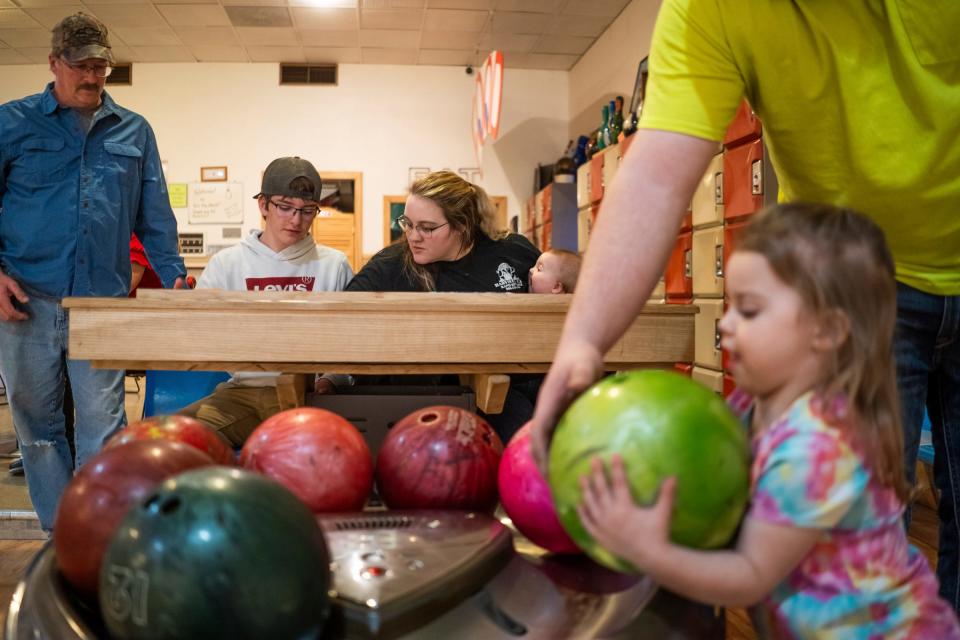
As part of a collaboration with a local credit union, students in the middle and high school introductory business class have renovated a local abandoned building into a successful student-run coffee shop.
Hampton said the shop “ended up creating scholarships at the end of their first year to give to the high school students.”
“That's what we are trying to do to try to keep them involved and not fall into the intergenerational poverty that we have around here.”
And projects like that are part of the tight-knit community’s fabric. In a place far away from Washington, D.C., and even Lansing, community leaders and changemakers are coming up with their own solutions.
This article is part of a collaboration between The Free Press, a Michigan State University course and the American Communities Project to tell the stories of voters, their experiences, and their political motivations in communities across Michigan leading up to the 2024 election. Connect with us at [email protected], and read our previous stories on Livingston County and Ingham County.
This article originally appeared on Detroit Free Press: Michigan's Schoolcraft County is tourist hot spot with unique issues
